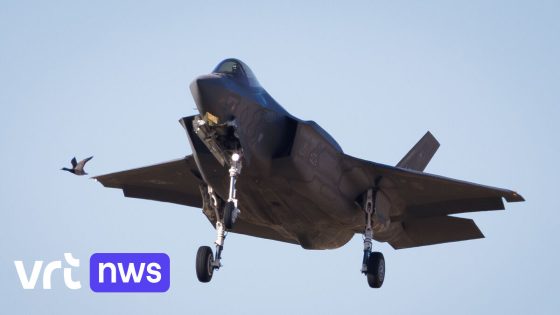Belgium is set to enhance its military capabilities with the planned purchase of 11 additional F-35 fighter jets. This move, confirmed by Minister of Economy Clarinval on 2025-07-01 19:48:00 during an RTBF interview, forms part of Defence Minister Theo Francken’s strategic plan to strengthen national defence.
- Minister Francken plans 11 extra F-35s
- Minister Clarinval confirms F-35 purchase
- Vooruit demands tax agreement first
- NATO urges 21 additional aircraft
- Source calls 21 jets purchase unfeasible
The government’s proposal follows earlier resistance from the opposition party Vooruit, which demanded an agreement on capital gains tax before approving further fighter jet acquisitions. Meanwhile, NATO has urged Belgium to acquire at least 21 F-35s, but sources close to the matter reveal that this target is currently unattainable.
What does this mean for Belgium’s defence strategy and budget priorities? Let’s explore the implications of this decision and how it fits into the broader national and international context.
Why is Belgium not meeting NATO’s full request? Budget constraints and political negotiations play a significant role. The decision raises key questions about balancing military needs with fiscal responsibility:
- Will the government secure necessary funding without compromising other public services?
- How will the opposition’s tax demands affect future defence spending?
- Can Belgium maintain its commitments within NATO while managing national priorities?
As Belgium moves ahead with the F-35 purchase, monitoring political consensus and budget allocations will be crucial. Will this defence investment set a precedent for future military spending? Citizens and policymakers alike should stay informed and engaged as the situation develops.

































